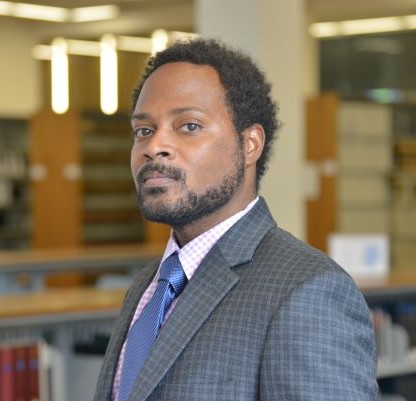Lynn Stout makes an unabashed case for the crucial role of a concept that seems outmoded to some – the conscience – in a successful society. Stout, who is the Paul Hastings Professor at the UCLA Law School, delivered the law school’s 2011 Victor S. Johnson Lecture, “Cultivating Conscience: How Good Laws Make Good People.”
Stout’s lecture, based on her book of the same title (released in January 2011 by Princeton University Press), made a case for cultivating the “unselfish, prosocial behavior” toward which she asserts people are naturally inclined by their conscience, an innate faculty that Stout believes is an essential component of a successful society. Not only does conscience exists, Stout emphasized in her lecture, but it “can also be cultivated, and law plays a vital role in that process.”
Stout illustrates the role of the conscience with the story of Franco Gonzales, an undocumented dishwasher who was standing alone at a bus stop one evening when a bag containing $200,003 in cash dropped from the back of a Brinks truck at his feet. Gonzales took the bag home, and after a night spent wrestling with his conscience, called the police and asked them to return the money to its rightful owner. “When I first studied economics in the late 1970s, my professors told me that most people act like members of the species homo economicus: they act selfishly and rationally,” Stout said. “My professors and I both knew, of course, that homo sapiens doesn’t always act like homo economicus. However, my professors insisted, people like Franco Gonzales were the exceptions that proved the rule. Self-sacrificing behavior was rare, unpredictable and unworthy of serious study.”
Stout disagrees, noting that in non-economic contexts, people who exhibit totally self-interested behavior are considered psychopaths, who make up approximately 2 percent of the population, but more than 25 percent of the prison population in the U.S.
Concerned that other disciplines, including the social sciences, have adopted a standard of “rational selfishness” originally intended only to describe individuals’ behavior toward money and material goods, Stout argues that many public policy makers now “neglect the crucial role our better impulses play in society.” Cultivating Conscience is the outgrowth of Stout’s belief that “It is time to explore the possibility that we might encourage or discourage particular behaviors by appealing not to selfishness, but to the force of conscience.”
Stout’s interest in the role of “unselfish, prosocial behavior” grew out of nearly two decades of studying corporations. “People in corporations often cooperated and sacrificed for collective goals,” she said, “and corporations characterized by a high degree of internal trust, honesty and cooperation usually thrived, while those torn apart by infighting and opportunism often failed.”
She also observed that “unselfish prosocial behavior” was the norm in many aspects of daily life. “People wait patiently in line at the coffee shop rather than trying to push or bribe their way to the front,” she said. “Tourists tip waiters in restaurants they will never visit again. People donate their time, money and even blood.” Some forms of cooperative behavior are so deeply ingrained they seem unconscious and automatic; Stout cited the case of a bank robber wearing a ski mask who was arrested while politely waiting in line to rob the teller.
Stout also cited a number of behavioral studies indicating that “At some very deep evolutionary level, we have the capacity to take into consideration the consequences of our actions for others” and that “prosocial behavior is common, widespread and real.” However, she concludes, several important factors must be present to foster prosocial behavior. “People can be prosocial and make sacrifices if they’re told to do it, if they think other people will do it, and if they see the benefit,” Stout said. She also noted that high levels of prosocial behavior, such as returning lost wallets, high levels of interpersonal trust and paying taxes, “are highly correlated with economic growth.”
Laws play an important role in promoting prosocial behavior, Stout concludes, “by creating incentives, by signaling what conduct is appropriate and expected, by encouraging prosocial behavior in others, and by educating us about how our choices help or harm other people. To understand and use law more effectively, we must take account of the many ways law changes behavior, above and beyond creating material incentives.”
Each year, the Victor S. Johnson Lecture features a distinguished speaker who addresses a certain aspect of the law and its relation to public policy. The lecture is endowed by Victor S. (Torry) Johnson III, Class of 1974, who is the District Attorney General for the 20th Judicial District, which encompasses Nashville and Davidson County.


